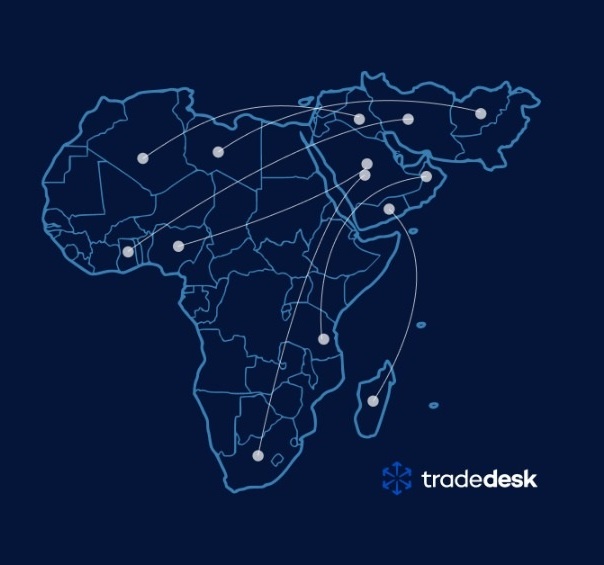The Role of Market Intelligence in Expanding Your Business to Africa
Date Posted: May 20, 2023
_1684612515.jpg)
Expanding your business to Africa can be a smart move, with the continent offering a wealth of untapped potential for ambitious companies. However, to succeed in this challenging and dynamic market, you need a deep understanding of the local business environment, including cultural and economic factors. This is where market intelligence comes in. In this article, we will explore the role of market intelligence in expanding your business to Africa.
What is Market Intelligence?
Market intelligence is the process of gathering and analyzing data about the business environment in a specific market. This includes information about the target audience, competitors, local laws and regulations, economic trends, and cultural norms. The goal of market intelligence is to provide insights that can help businesses make informed decisions about market entry, expansion, and growth strategies.
Why is Market Intelligence Important for Expanding to Africa?
Africa is a diverse and complex market, with each country presenting its own unique challenges and opportunities. Conducting thorough market intelligence is critical for understanding the local business environment and identifying the most effective strategies for market entry and growth. By leveraging market intelligence, businesses can:
Identify the Most Promising Markets: Market intelligence can help businesses identify the most promising markets for expansion based on factors such as population size, economic growth, and consumer behaviour.
Tailor Products and Services to Local Needs: Market intelligence can help businesses understand local consumer preferences and tailor their products and services accordingly.
Navigate Local Regulations and Business Practices: Market intelligence can help businesses navigate local laws and regulations, as well as understand local business practices and customs.
Stay Ahead of Competitors: Market intelligence can help businesses stay ahead of competitors by monitoring their activities and identifying opportunities for differentiation.
How to Conduct Market Intelligence for Africa
To conduct market intelligence for Africa, businesses should take the following steps:
Define the Research Objectives: Before conducting any research, businesses should define their research objectives and determine what information they need to gather.
Collect Data: Data can be gathered through a variety of methods, including surveys, interviews, focus groups, and secondary research.
Analyze Data: Once data has been collected, it should be analyzed to identify key trends and insights.
Develop a Strategy: Based on the insights gathered through market intelligence, businesses should develop a strategy for market entry and growth that takes into account local market conditions.
Conclusion
Expanding your business to Africa can be a highly rewarding and profitable venture, but it requires a deep understanding of the local business environment. By conducting thorough market intelligence, businesses can gain the insights they need to make informed decisions about market entry and growth strategies. By leveraging market intelligence, businesses can tailor their products and services to local needs, navigate local regulations and business practices, and stay ahead of competitors. With the right approach, Africa can offer a wealth of opportunities for ambitious companies looking to expand their operations and gain market share.


_1687337514.jpg)

_1666791043.jpg)
_1666790839.jpg)
_1666790690.jpg)
_1666790264.jpg)